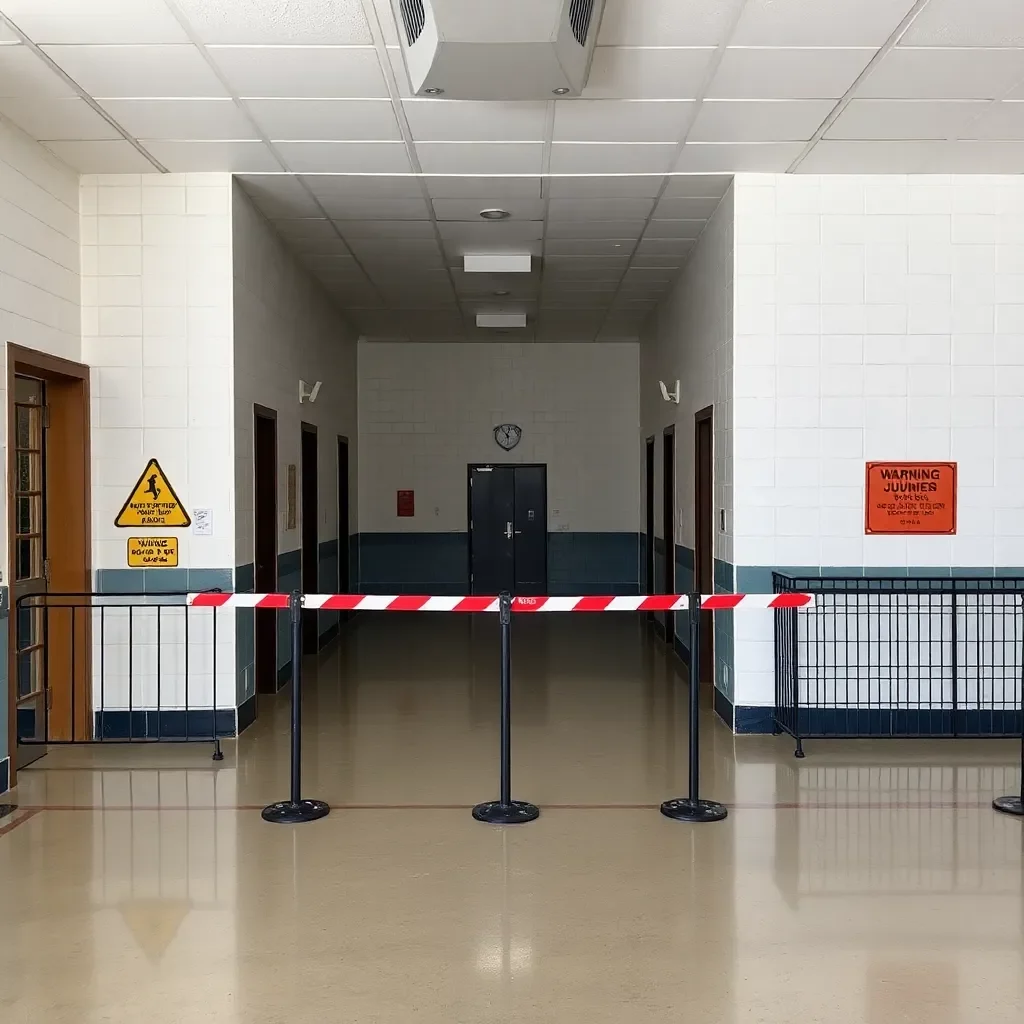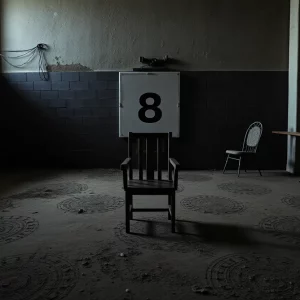Concerns Rise Over Safety and Health Risks at South Carolina’s Juvenile Justice System
Columbia, S.C. — There’s a serious buzz of concern around the South Carolina juvenile justice system. Just recently, the South Carolina Department of Juvenile Justice (DJJ) has found itself in hot water following an audit that highlights alarming health and safety threats faced by young people within its facilities. With lawmakers eager to step in, it seems that change could be on the horizon.
Audit Uncovers Critical Concerns
On Thursday night, the Legislative Audit Council (LAC) published findings that spotlight numerous long-standing issues the DJJ has been grappling with. Among these are notable staff shortages in security, a lack of transportation for essential medical visits, and a concerning absence of plans to meet necessary educational standards. Imagine being a youth in the system, where overcrowding just adds to the mix of challenges—quite a daunting picture!
Senator Takes Action!
In light of this audit, Senator Tameika Devine has taken the initiative. She recently pre-filed the Juvenile Justice Reform Act, aiming to tackle the issues at DJJ that have only worsened over the years. “My work is a continuation of what previous senators have aimed to accomplish for our young people in the system,” said Devine, emphasizing the importance of addressing these enduring challenges.
The Ongoing Battle Against Overcrowding
So why are these problems still lingering nearly a decade after a previous audit raised similar alarms? Senator Devine explained that the raised age legislation implemented years ago has compounded the challenges the DJJ is currently facing. With more youth entering the system without adequate resources and support, the staff finds it harder than ever to provide the necessary rehabilitation.
DJJ Responds to Criticism
The DJJ has been keen to express transparency regarding the challenges it’s facing. In an official statement, a DJJ spokesperson pointed out a few external factors such as the significant court backlog, the closure of two local juvenile detention centers, and a severe shortage of workers affecting nearly every industry today. They also highlighted that the youth entering the system now need more complex support than ever before.
New Facilities and Future Plans
While there are lingering questions and concerns, the DJJ has noted some progress, stating that it has made improvements based on 68 recommendations, including increases in employee salaries, refined disciplinary actions, and enhanced security with camera surveillance. Additionally, a new mental health facility is set to open to better meet the needs of these young individuals by next November. However, many are wondering whether it will be enough to tackle the pressing issues outlined in the audit.
Hope for Reform on the Horizon
Senator Devine believes that if overcrowding can be addressed and more resources can be poured into community interventions, it would allow the staff to concentrate on genuinely rehabilitating the youth in their custody. As lawmakers prepare to reconvene at the state house next month, they hope to expedite the process and ensure that the youth’s safety is a top priority.
Community Engagement Critical
At the heart of this matter lie the lives and futures of countless young people who spend time in the DJJ system. They deserve not just safety but also a fair chance at rehabilitation and education. The community’s voice is growing louder, and with the right actions, the future could look a whole lot brighter for these youths.
Change may be slow, but it seems that certain dedicated individuals are committed to making a difference. Let’s keep an eye on this developing story as it unfolds!








